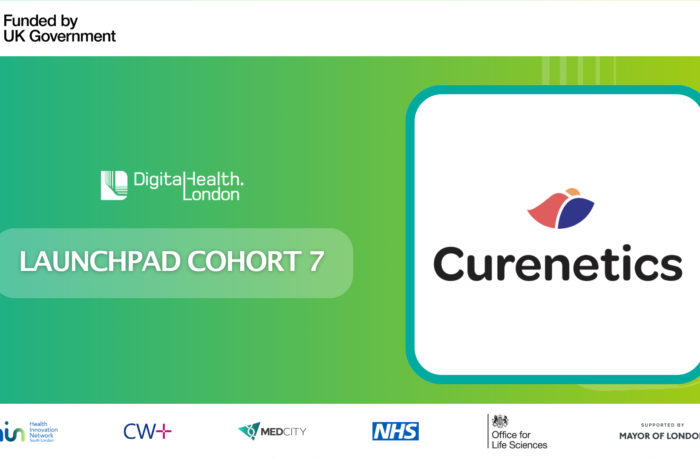COVID-19 – shifting attitudes towards digital health
Posted on
At DigitalHealth.London we’ve seen the way attitudes in the NHS have changed towards digital innovations during COVID-19 through the lens of our Accelerator companies and alumni. Livi is one Accelerator alumnus who has seen this shift in action…
Despite Livi being one of the most successful companies delivering video consultation services to the NHS prior to COVID-19, at times we needed to work hard to promote the power of digital solutions to many NHS organisations.
The Managing Director of Kry/Livi UK, Juliet Bauer commented, “Livi provides extra clinical capacity to NHS organisations by working with local practices to deliver integrated digital care. This includes video consultations with Livi clinicians, appointment scheduling, and self-help. Prior to Covid we were working with a number of vanguard digital sites to deliver a comprehensive digital offering, before digital access became the main access route into primary care during the pandemic.
“At the beginning of this crisis we delivered a Covid Home Monitoring Service in partnership with NHS England. We doubled our clinical workforce capacity to meet the growing demand from both clinicians and patients to operate safely through a remote model.”
When the COVID-19 pandemic took hold, we saw a real shift in attitudes as remote consultations were necessary for safety. There was an emergence of new tools , including our free-to-use video platform, Livi Connect, that enabled clinicians to treat their patients remotely. These quick response tools were used widely by organisations who urgently needed a video consultation in order to keep their patients and staff safe.
Naomi Frazer, Integrated Governance Manager at Our Health Partnership: “With a reduced workforce due to COVID isolation and shielding, many staff working from home and not able to see patients face to face, Livi video consultations have been an invaluable tool in order to continue the provision of primary care services.”
This urgent necessity developed into an overall positive opinion of video consultations. They have become a vital part of many services and now the focus is embedding the technology long term. A trend not only being seen in the video consultation space but also rehabilitation programmes, emergency department efficiency tools and social care support, as just a few examples.
When looking to embed a technology the approach is different. It is no longer solely about speed and ease of implementation – organisations are now looking at the long-term impact and goals. Livi, for example, offers specialist training to fully integrate these technologies and work in partnership to co-design our services to mirror local pathways and formularies to create a seamless patient experience. Livi improves long term resilience by providing additional clinical capacity, with over 80% of our GPs contributing more hours than they typically would in physical settings due to the flexible nature of the service. This is proving to be of increasing importance as primary care services deliver COVID-19 vaccinations over the coming months.
Naomi Frazer: “When our GP partners were asked about what changes we had adopted during COVID that they would like to continue, there was a resounding yes to the continuation of video consultations across our partnership. We welcome the extra capacity provided by Livi clinicians towards our extended access and core hours provision, considering we have had high levels of staff sickness due to COVID and have consistently lost clinical time to donning and doffing PPE, to ensure COVID and non-COVID patient needs are met”
Livi is looking to support a wide range of services in the future. Juliet Bauer reflected on this, “From our experience working in Primary Care, we know that the implementation of Livi is beneficial to the surrounding health system, with 20% of Livi patients stating they would have attended Urgent Care services were they unable to access a Livi appointment. Through partnering with Urgent Care providers, we have proven that use of a Digital Front Door model is beneficial in reducing on-site footfall, promoting social distancing in waiting rooms and keeping patients and staff members safe.”
DigitalHealth.London is delighted to publish blogs by the NHS staff and digital health companies we support through our programmes, as well as sector thought-leaders, experts and academics. Any opinions expressed within blogs published on our website are those of the author and not necessarily held by DigitalHealth.London. For more information, or if you would like to write a blog for our website, please email info@digitalHealth.london.


